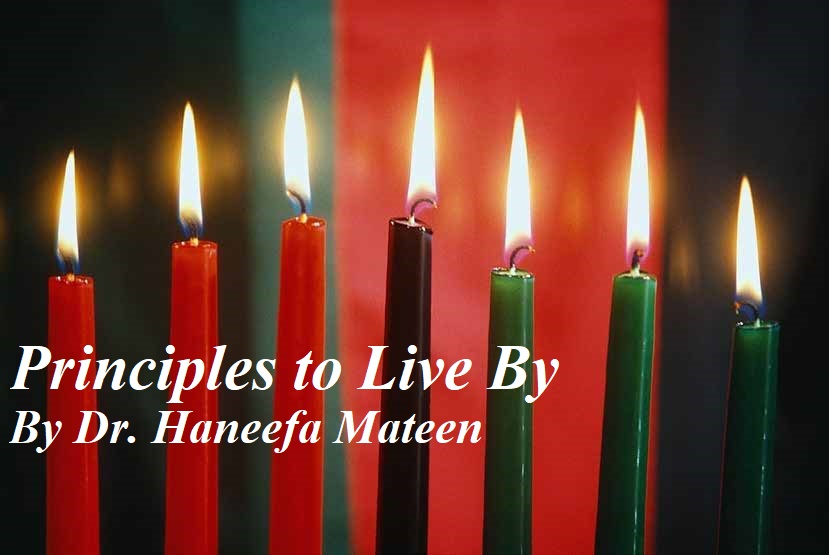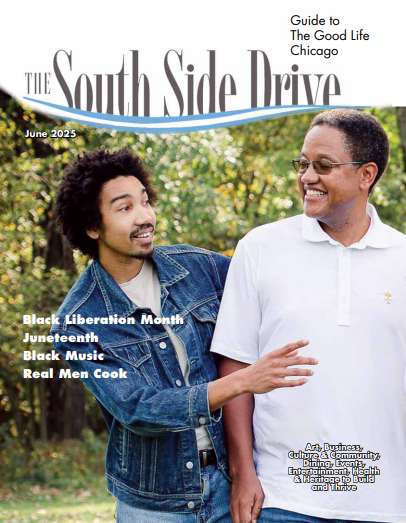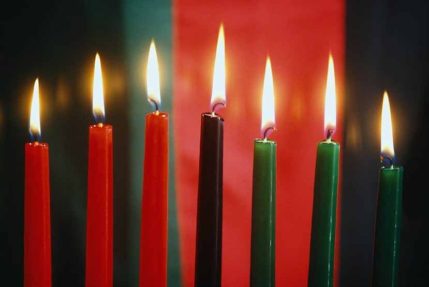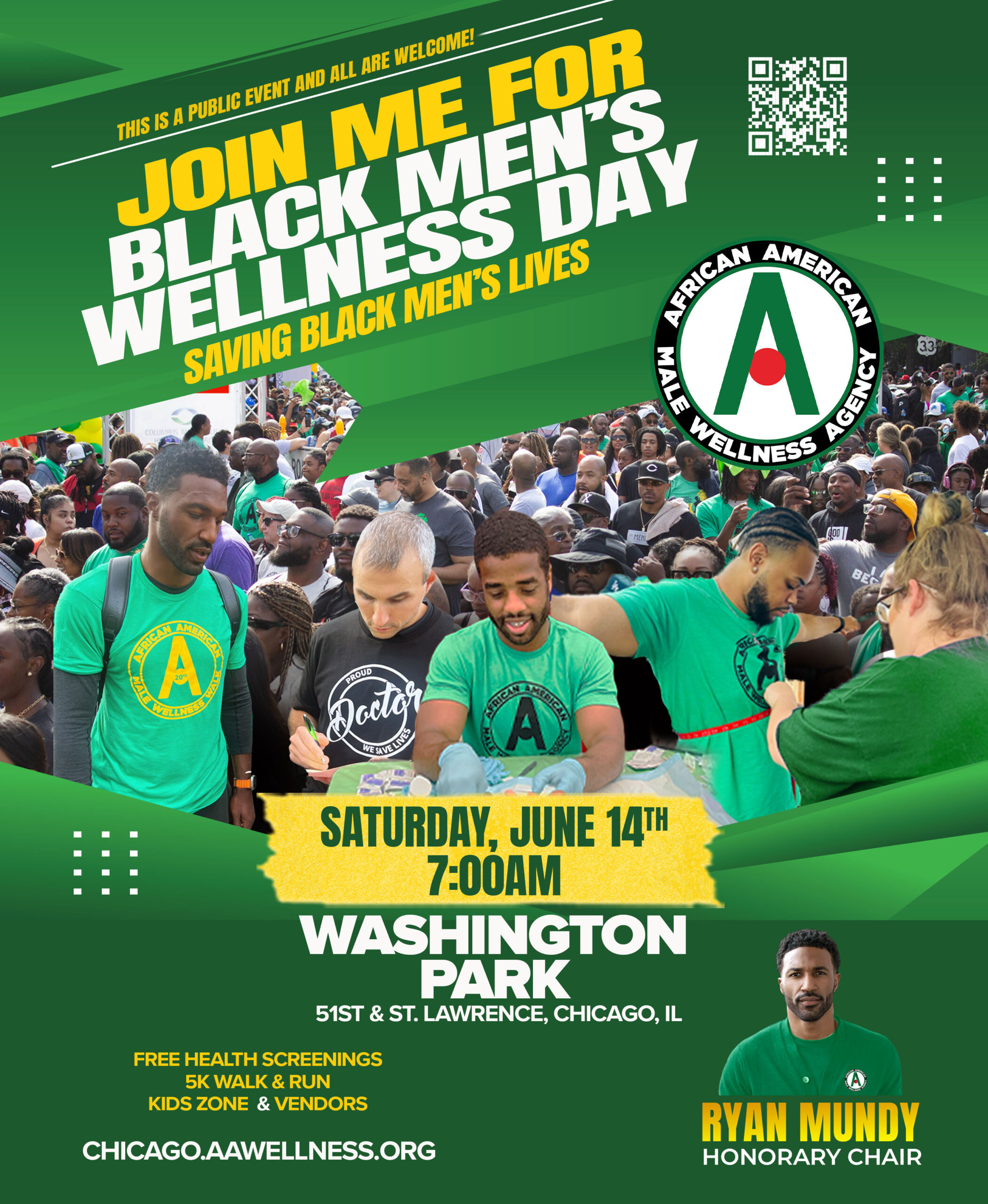
The year 2020 was a challenging year, and 2021 is off to a pretty tough start also. Not to mention the other 400 years that we endured before the COVID 19 pandemic crisis. We are tired, exhausted, stressed out, and uncertain of the future. But we have made it this far and 2020 is over. The end of the year is a time to think about what we would like for the new year.
Especially this new year, because our country and the world is not going to be the same when the pandemic is over. And we have a new presidency. Many changes happened already, over the past eight months, with lots of new opportunities to fix old problems. And most importantly, we must make the world the way we want it to be – for the better.
It is in our families and in our own communities that we can make the most difference. Regardless, what happens in far away Washington. It is each other that we have to look at each day. We make daily decisions, regardless of what written policies are made. It is our African culture that has unconsciously kept us going thus far. And kept us together. We were pressured to release some of our culture. But now we have the opportunity to heal and rebuild our families and communities.
Because of the COVID19 pandemic and staying-at-home we appreciate each other, and what we have much more. Family is where we could have understanding, love, and support. But our families are strained, with many extra burdens from racism, financial and health concerns. The Seven Principles of Kwanzaa can provide guidance on how we can better support each other. And also restore a sense of well-being and being able to trust in our collective strengths, talents and ability to cope.
Kwanzaa was founded in 1966, by Maulana Karenga as a Black African American cultural holiday that begins on December 26th and continues to January 1st. It doesn’t replace Christmas or Hanukah or Eid or other December holidays. Kwanzaa is simply a renewal and celebration of our cultural beliefs and values. Each day of Kwanzaa has activities that the family and community can do together based on the theme of that day’s principle. Each family member discusses what it means to them. It is a good time for storytelling and getting to know each other better. And the ideas of the Seven Principles of Kwanzaa are helpful goals for coping during the rest of the year.
Umoja (Unity)
To strive for and maintain unity in the family, community, nation, and race.
By understanding, accepting , appreciating and valuing each person in the family and the community, we experience what true love, connection and unity are. We learn to better communicate with each other. We then do not feel so lonely. Symbolically we share of the Unity cup during Kwanzaa.
Kujichagulia
(Self-Determination)
To define ourselves, name ourselves, create for ourselves and speak for ourselves.
By getting to know yourself, loving and accepting all of you including your skin color, hair, and cultural history, you are able to use your natural talents by trusting and expressing your own wisdom. This builds your self-esteem and confidence. And you are also more willing to appreciate and accept other people, and allow them to be real and creative. This takes a lot of pressure and stress off of the racial strain of trying to be someone else.
Ujima (Collective Work and
Responsibility)
To build and maintain our community together and to make our brothers’ and our sisters’ problems our problems and to solve them together. By knowing that we have the community around us to help, with each person contributing, and being part of the solution, we do not feel so alone, afraid, and overburdened. People then are less likely to be frustrated, or take their frustrations out on others.
Ujamaa
(Cooperative Economics)
To build and maintain our own stores, shops and other businesses and to profit from them together. To be able Because of the COVID19 pandemic
and staying-at-home we appreciate
each other, and what we have much
more. Family is where we could have
understanding, love, and support.
But our families are strained, with many
extra burdens from racism, financial
and health concerns.
to enjoy providing for oneself and family by working from one’s own dreams and goals. Supporting other black businesses in the community, with stores based on what we need. We than have a purpose and reason for living.
Nia (Purpose)
To make as our collective vocation the building and developing of our community, in order to restore our people to their traditional greatness. By remembering our collective innate genius and history, we know that we belong and have an important purpose in the world.
Kuumba (Creativity)
To make new ways and inventions in order to have our community more beautiful and beneficial than when we inherited it. We use our combined creativity to improve our neighborhoods, making our communities safe places where we enjoy living.
Imani (Faith)
To believe with all our hearts in our people, our parents, our teachers, our leaders, and the righteousness and victory of our struggle. After experiencing all of the prior Kwanzaa principles, we can then trust with all our hearts that the elders and leaders in our community, are working to make sure all of the community’s needs are provided. We have faith and optimism that together we work through challenges and build our future.
For further information – Read – “Practicing Kwanzaa Year-Round: Affirmations and Activities Around The Seven Principles” By Gwynelle Dismukes.






